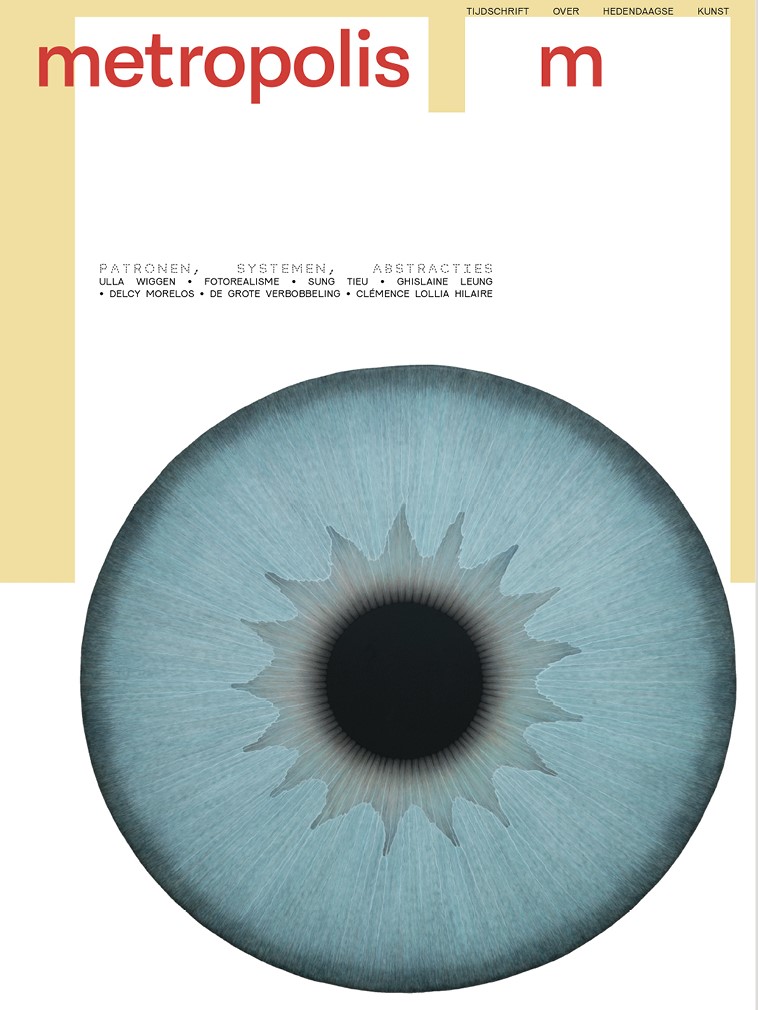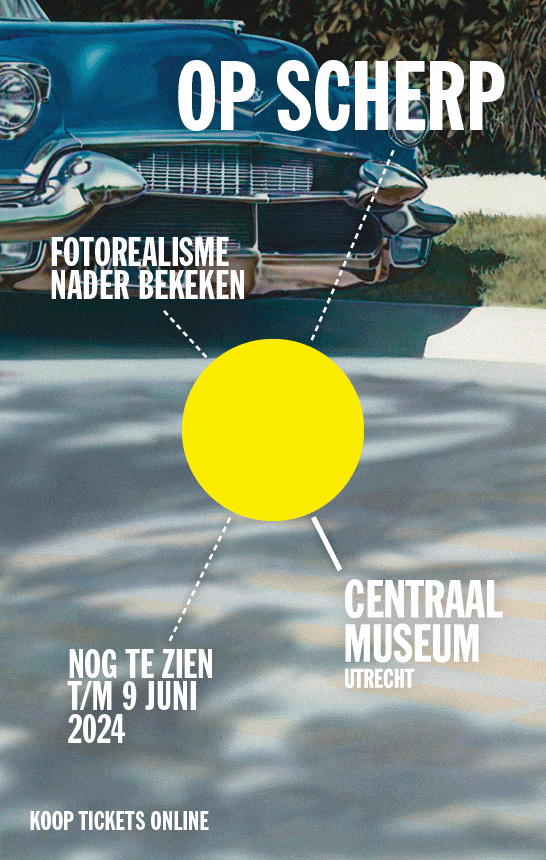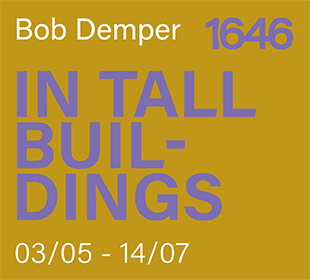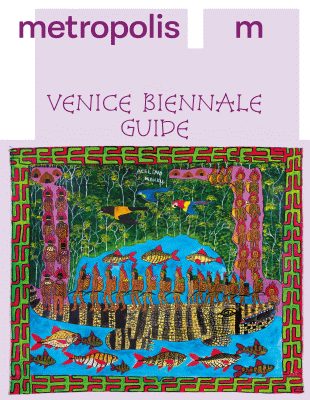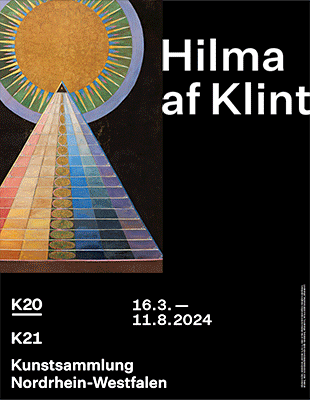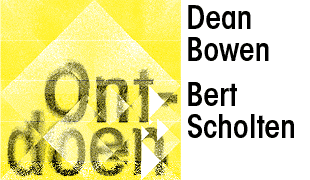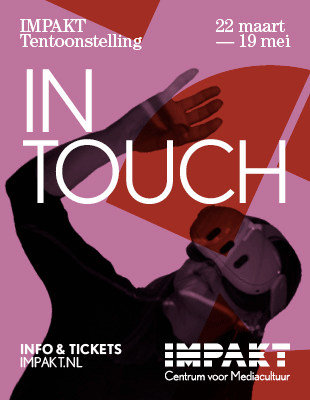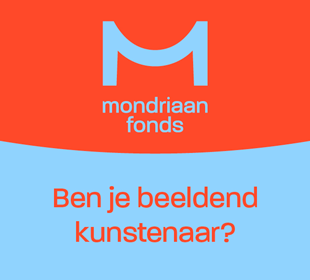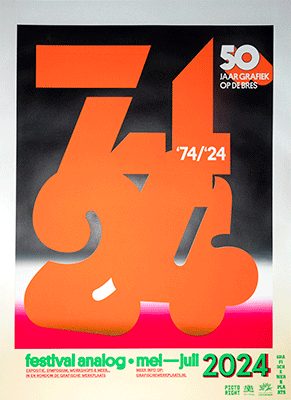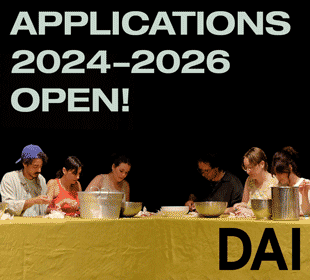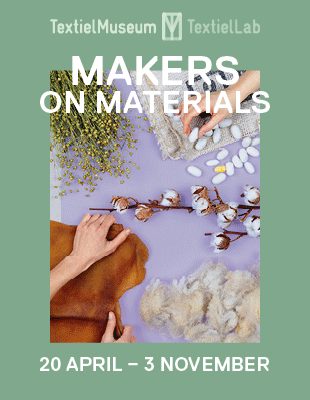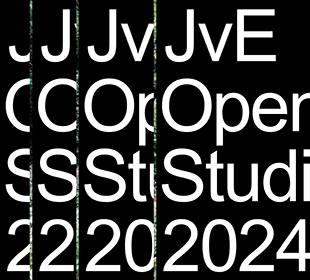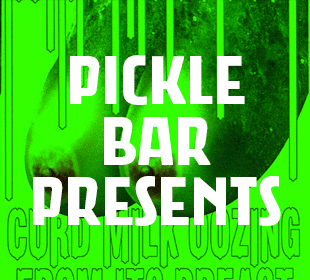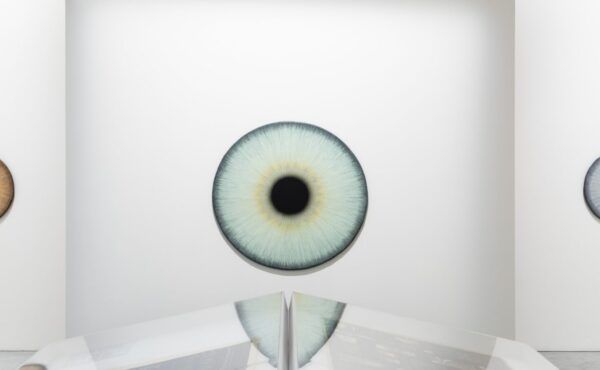
‘In different contexts I’m different things’ – Ghislaine Leung schrijft over haar leven als eigen baas
Op deze vrouwendag presenteren we een passage uit het boek Bosses (2023) van de kunstenaar Ghislaine Leung die, dromend van een grenzeloos bestaan, reflecteert op de krachten die haar leven bepalen. In Metropolis M Nummer 1 Patronen, Systemen, Abstracties schrijft Luuk Vulkers over dit boek in relatie tot Leungs werk. In dit nummer vrijwel uitsluitend kunst van vrouwen die zich stuk voor stuk in hun werk verhouden tot de vraag hoe ze systemen kunnen bekritiseren, ondergraven en naar hun hand kunnen zetten.
The negotiation of limits in my work is about trying to undo a certain dialectic of value, trying to understand the thing I have or don’t have as a resource, trying to understand the situation I’m in as a resource. I have a fantasy or speculation that I should be unlimited, and a projected notion of what unlimitedness should look like in a daily practice or in an exhibition space. Within that fantasy limits are perceived as a hindrance – my financial ability, my need for stable employment, my commitment as a mother, my body, my political efficacy. But those limits, those dependencies could be turned around to become a resource for making artwork in another way, in a way that you don’t know what it’s going to do. And I constantly have to decide to maintain this turn.
Whatever projection you have about how you should be working as an artist is definitely an internal one. It’s about understanding how the material conditions of your situation have consequences. ‘I have to function in a way that goes against my hormones, that makes it seem like I’m always the same.’ ‘It won’t work if I don’t work 16 hours a day.’ This is my default way of seeing things; then there is my inability to be able to work on the same terms as that fantasy. Maybe it’s not working because you work 16 hours a day. Maybe there is fear of the point of internality or reflection that space might produce. I want to understand the inactive forms of life; it’s not necessarily best that you are always in the visible, active form of production. It’s about not operating on the basis of external validation. If you think about financial autonomy as a way of being supported, you can also think of other things as support. What I’m describing are not limits but life, other forms of life that are not your art-industrial life. I have dependents, friends, family, outside the parameter of my artist identity. Do I think of my daughter as a limitation? She’s not a limitation, she’s my life. I don’t want to – politically, emotionally, psychologically – see this as a limitation. I disagree that suffering is indicative of being a good artist. I’m not saying I’m not perpetually in a situation of crisis.
This practice isn’t something that’s done. It’s a maintenance act, it’s something I maintain in myself against something else. It has to have that relational framework, it’s idiosyncratic and subjective. Whatever myth I’ve internalized is not going to be yours, that’s yours to change. I believe how I’ve internalized that system and how you have internalized the system can be changed, but you need a lot of help to do that. It’s not something I could have got to on my own, it’s a product of community and history and luck and conversations like this. If I was off by myself I wouldn’t have got there. There’s a projection in competitive society that everyone else can run to it and keep up. But if intimacy occurs there’s a moment when that competitiveness disappears into a moment of solidarity. Art is an immense psychological risk. It’s hard to take that risk without support.
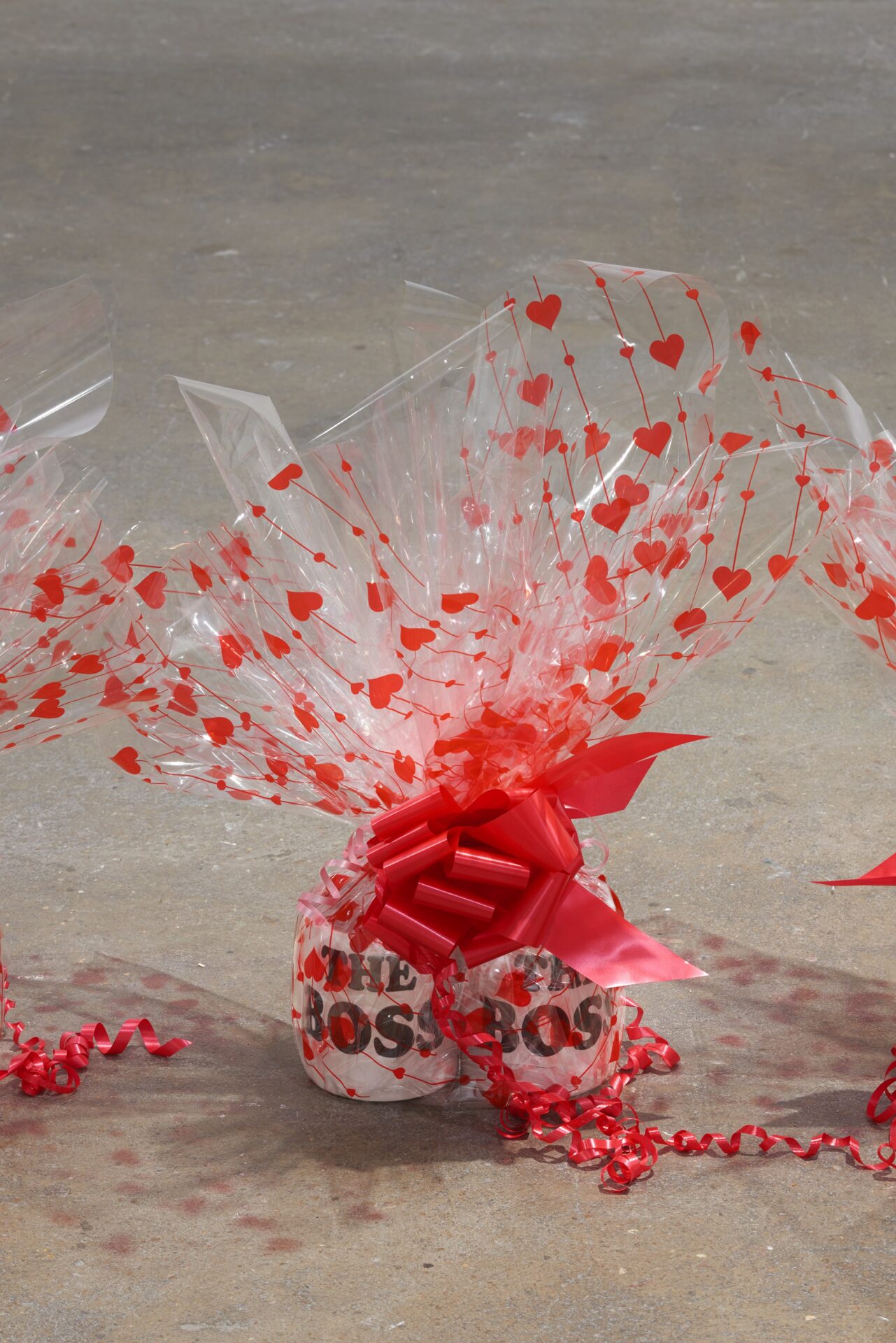

I want to create an identity where not all is carried on an industrial, functional infrastructure, based on labour and market. In different contexts I’m different things. I’m Jewish and I’m Chinese. I’m also neither, because I’m not a practising Jew and I don’t speak Chinese and I never met my Chinese family. I’m also British, but am I really? Your coherence is based on whether you can trade as a certain commodity. I could be that commodity, I could do that high-functioning neoliberal labour, but why is that what commitment is? I don’t want that. Commitment could be something else. So then, what boundaries can I set up against that unlimited self that I’m supposing I should function as? If I’m my own boss, maybe I should start to acknowledge the limitations, rather than trying to overcome them? Are they even limitations? Maybe they are just things I care about? Without which I would perish.
Ghislaine Leung, Bosses, Divided Publishing, 2023, p 85, 86, zie verder de tekst van Luuk Vulkers in Metropolis M Nummer 1 – 2024 Patronen, Systemen, Abstracties
Ghislaine Leung
is een kunstenaar